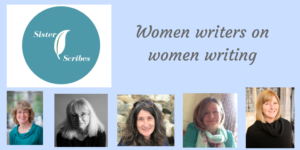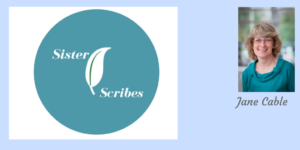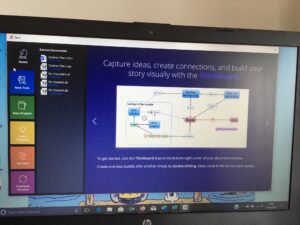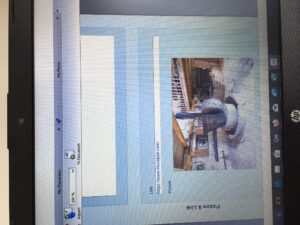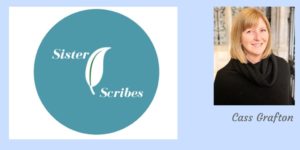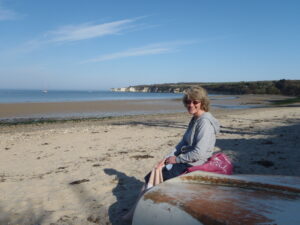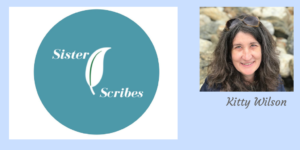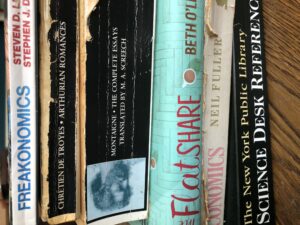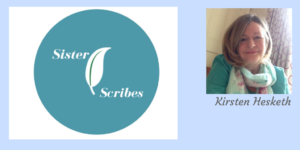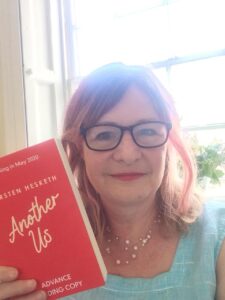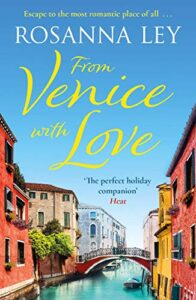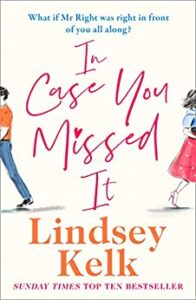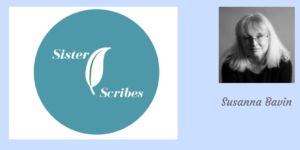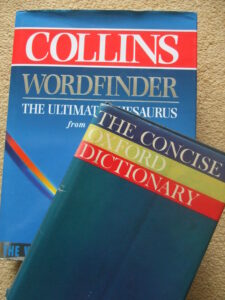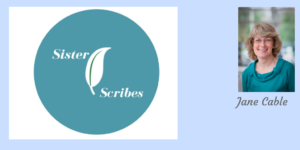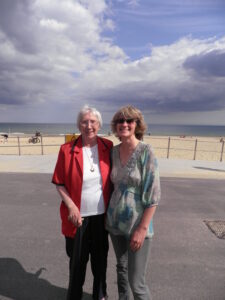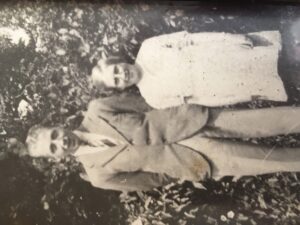The Shelf – Helly Acton
I loved this book, it was a whirlwind of a story picking the reader up and whizzing them through the chapters much as a reality show does with the viewer and it’s episodes. A fabulous debut, it was addictive, quick-witted and I genuinely couldn’t put it down. I loved how the sisterhood of these women shone through as they bonded over their shared experiences regardless of their very different personalities. The book challenged the sexist tropes frequently perpetuated on social media and reality tv and reflected in society today with a clear and necessary message to both our younger and our older selves. I thoroughly enjoyed it and am really looking forward to this author’s next book.
A Bicycle Built for Sue – Daisy Tate
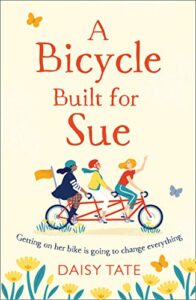 This book took me through the emotions like you would not believe. Skilfully written, it manages to genuinely combine laugh out loud moments with segments so raw and emotional I had to pause and look away from the book for a bit.
This book took me through the emotions like you would not believe. Skilfully written, it manages to genuinely combine laugh out loud moments with segments so raw and emotional I had to pause and look away from the book for a bit.
It tackles some serious issues, suicide and self-harm but does so in a way that is both respectful, sincere and empathetic. However, the over-arching nature of this book is feelgood joy. The very opening pages – set in a 111 call-centre – set the tone by being witty, insightful and real.
The story itself is that of three unlikely friends who come together in a moment of adversity and resolve to do something out of the ordinary. They are to do a charity bike ride along Hadrian’s Wall, there are highs and lows, moments of danger and excitement but more importantly our characters learn an awful lot about each other and even more about themselves. This story is about the power of friendship and the characters represent the different stages of life and thus problems and issues we can all relate to, regardless of our age or experience. This book touched my heart and I am more than happy to highly recommend it.
Summer Strawberries at Swallowtail Bay – Katie Ginger
This is a feelgood summer read, with sunshine, strawberries, and a crumbling Manor House. Add a handsome, honourable hero and a heroine who is not afraid to go for what she wants and you have the perfect recipe for a lovely, relaxing read chock full of community and romance. I really enjoyed it.
Jane
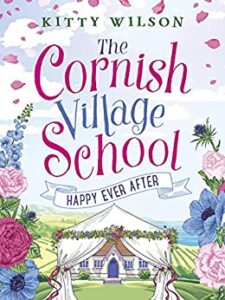 Having read all Kitty Wilson’s Cornish Village School books I approached the last one, Happy Ever After, with mixed feelings. While I was looking forward to it I knew it would be my final visit to Penmenna with all those wonderful characters, belly laughs and Cornish sunshine.
Having read all Kitty Wilson’s Cornish Village School books I approached the last one, Happy Ever After, with mixed feelings. While I was looking forward to it I knew it would be my final visit to Penmenna with all those wonderful characters, belly laughs and Cornish sunshine.
Happy Ever After is Marion’s story. Having been the scourge of the PTA – and indeed the village as a whole – for the entire series – finally she took centre stage with a love story quite unlike the ones which went before. I know Kitty is my friend, but her portrayal of a twenty year long relationship rather than a shiny brand new one was sensitive and real, funny and poignant. And for that, I loved this book.

